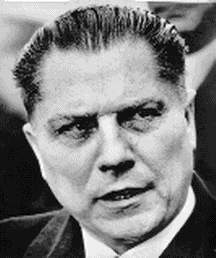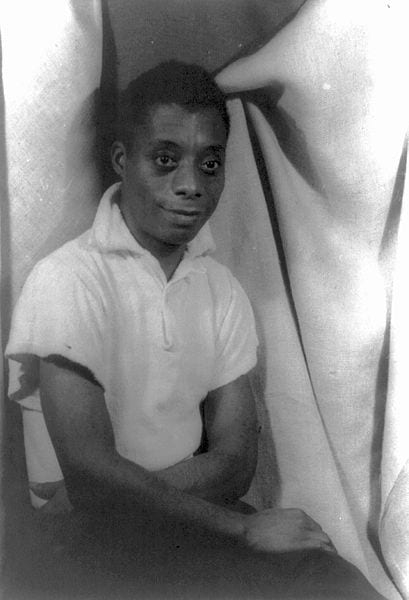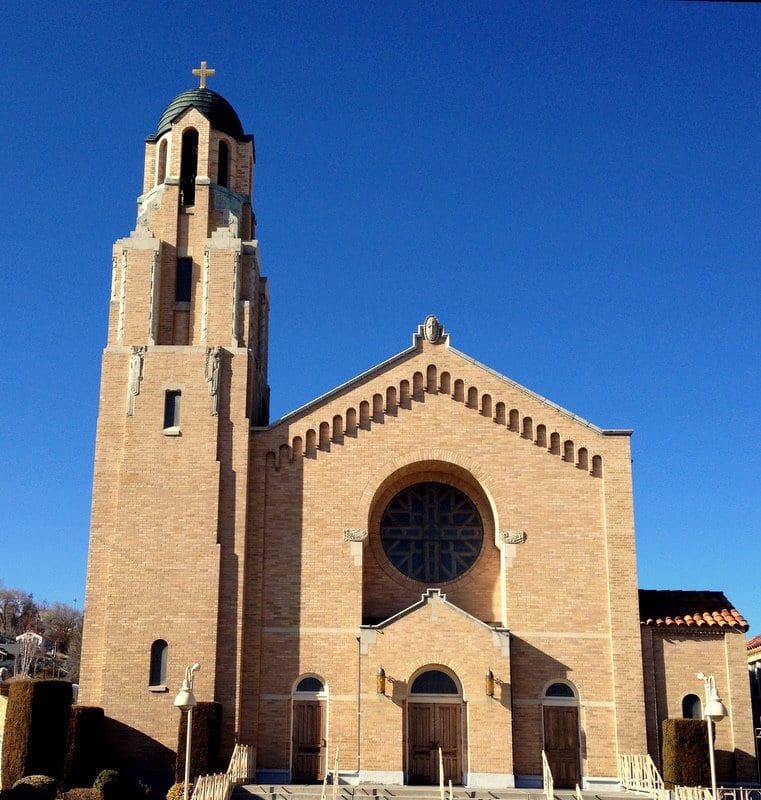
My heart aches, is raw from sadness as I watch someone I love dearly struggle to find solid ground on which to put her feet, roots to curl her toes around as she weathers a storm of her own making. I long to reach in and grab her by the nape of the neck and whisk her out of the howling wind, tuck her beneath a cape that is soft and warm and protective until the gale passes. And yet, I know the cost of such a maneuver. I know that it would make both of us feel relief. I know that this path, well-worn and familiar to us both, needs to be abandoned, it’s trailhead adorned with yellow blinking lights and CAUTION signs. While it beckons like the seductive aroma of coffee in the dark dawn, irresistible and redemptive, it carries with it a punch that is only felt much, much later.
Doing my best to justify my inaction to my sister-in-law the other night, I felt the blood in my wrists begin to move faster. I felt that urgent sense of desperation to convince her that I care. That my resistance to get involved does not signal selfishness or indifference, but a desire to do the right thing. To let this other friend find her own path, learn from the experience, raise herself up and feel empowered. My pulse beat with a mix of love, despair and self-preservation.
She, my sister-in-law, no stranger to such decisions of action and inaction and powerlessness in the face of suffering, nodded her head and understood. And then she said the most profound, most giving, most wonderful thing:
“Sometimes you can use all that energy with the best intentions and not make a bit of difference.”
I was instantly absolved. Because I want to make a difference. I want to use my energy, my love, my intentions wisely and to some good end. I want to effect change. How many times have I acted out of discomfort on my own part – “it’s too hard to watch her suffer/go through this/repeat this pattern” – and only succeeded in wearing down the same old path and not making any substantial change? Too many to count. How many times have I instead sat by and held the power of light and love for her, trusting that her path is her own? Not enough. But when I do, what I discover is that she doesn’t feel any less supported in the long run. When I show her that I care and that I trust her to find her way she is frightened and a little resentful, but she also feels empowered and begins to believe in the notion of unconditional love. We, both of us, had to be taught how to accept love at face-value, divorce it from our actions and intentions or anyone else’s assessment of our worth and believe in its absolute existence. We are both still in need of reminding.
“I wasn’t especially happy as a kid, and if you don’t get the hang of it when you are young, you’re never really good at it.” Linda McCullough Moore
And so I sit and close my eyes, imagining my love pulsating out in waves of golden light, from me to her, surrounding her, lifting her and reminding her. I love her. I wish only the best for her. That energy feels directed and tangible. The cape scenario feels muddled and messy and unpredictable. When I focus on the energy imprint of the two alternatives, I am certain, settled, positive that sending love and light is the most effective response.











